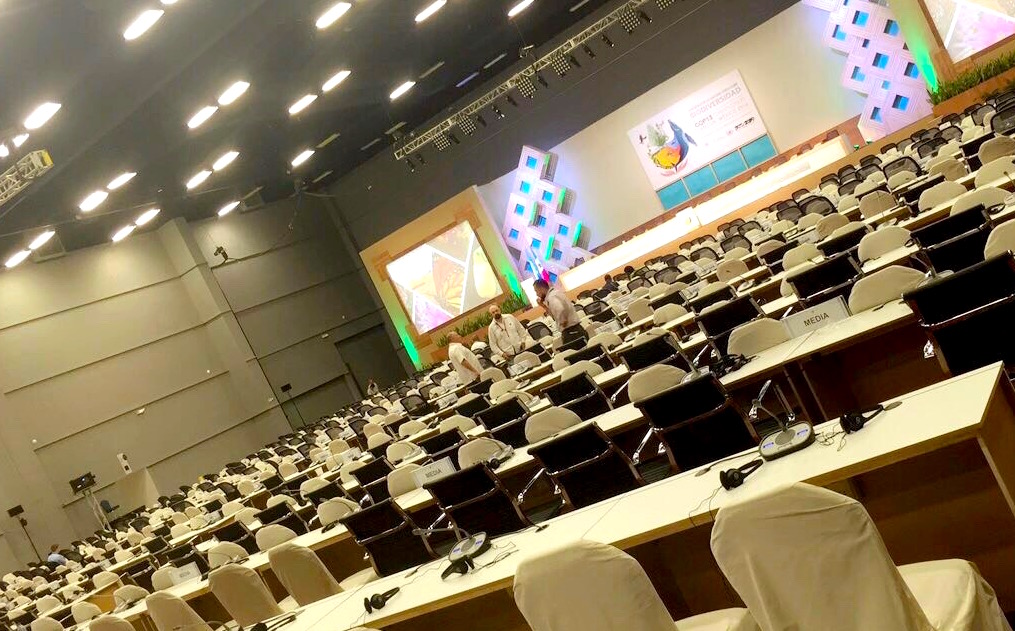“We have reached a turning point. Agriculture and biodiversity have often been regarded as separate and even conflicting concerns, yet they are inextricably connected. Agriculture is by nature a major user of biodiversity, but it also has the great potential to contribute to its protection.”
– María Helena Semedo, Deputy Director of the UN Food & Agriculture Organization, 2016 –
In a world on the verge of its Sixth Great Extinction, hundreds of politicians and businesses representatives gathered at the latest United Nations COP13 Forum in Mexico to determine how biodiversity can be prioritized and maintained through socially responsible business practices.
Biodiversity is the foundation of our economy, lifestyle and even survival, due to its ability to provide essential resources for mankind such as food, medicine and energy. At the same time, biodiversity offers essential services that protect and prolong our ecosystem, sustaining life and prosperity for all. Businesses therefore are important contributors in the conservation of wildlife as well as for the sustainable and equitable use of natural resources. Beyond corporate social responsibility, mainstreaming biodiversity into productive sectors implies integrating conservation and the sustainable use of natural capital in business planning and operation. This innovative approach was the major theme of the United Nations COP13 Business and Biodiversity Forum, which we attended in December 2016.
Life on the planet is officially at stake and we must act now. Major stakeholders of the UN COP13 called for business to play a key role in the conservation and sustainable use of biological diversity and ecosystem services to help secure a safe and sustainable future. By reversing the damage already caused to the environment through the implementation and application of corporate strategies that integrate biodiversity and business, we will be able to promote greater environmental responsibility and encourage the development and reach of sustainable innovations across agriculture, retail, healthcare and tourism. Protecting and preserving wildlife will ultimately help guarantee food security and economic growth around the world.
As a company committed to sustainability and social responsibility, Primal Group attended the COP13 Conference to learn about the latest global initiatives to preserve biodiversity. We also demonstrated how the implementation of sustainable consumption and production patterns generate tangible benefits such as greater environmental protection, the maintenance of biological diversity and the creation of sustainable value. We understand that only through sustainability will it be possible to satisfy the basic and fundamental needs of humanity and achieve a better future for all. By driving technological innovation in sustainability, we are able to help combine social responsibility with wealth creation.
To support biodiversity, protect the environment and create wealth, we at Primal Group are vertically integrating the production, manufacturing and distribution of neem-based agricultural and personal healthcare products, ensuring the efficient and sustainable management of wildlife, soil resources, water and energy across all of stages of our operations and spheres of influence. We must continue to take decisive action in a responsible way to ensure the permanence of natural capital and sustainable wealth creation. The Business and Biodiversity Forum at COP13 allowed us to join politicians and business leaders around the world in the search for sustainable solutions and even demonstrate by example their viability and value.

